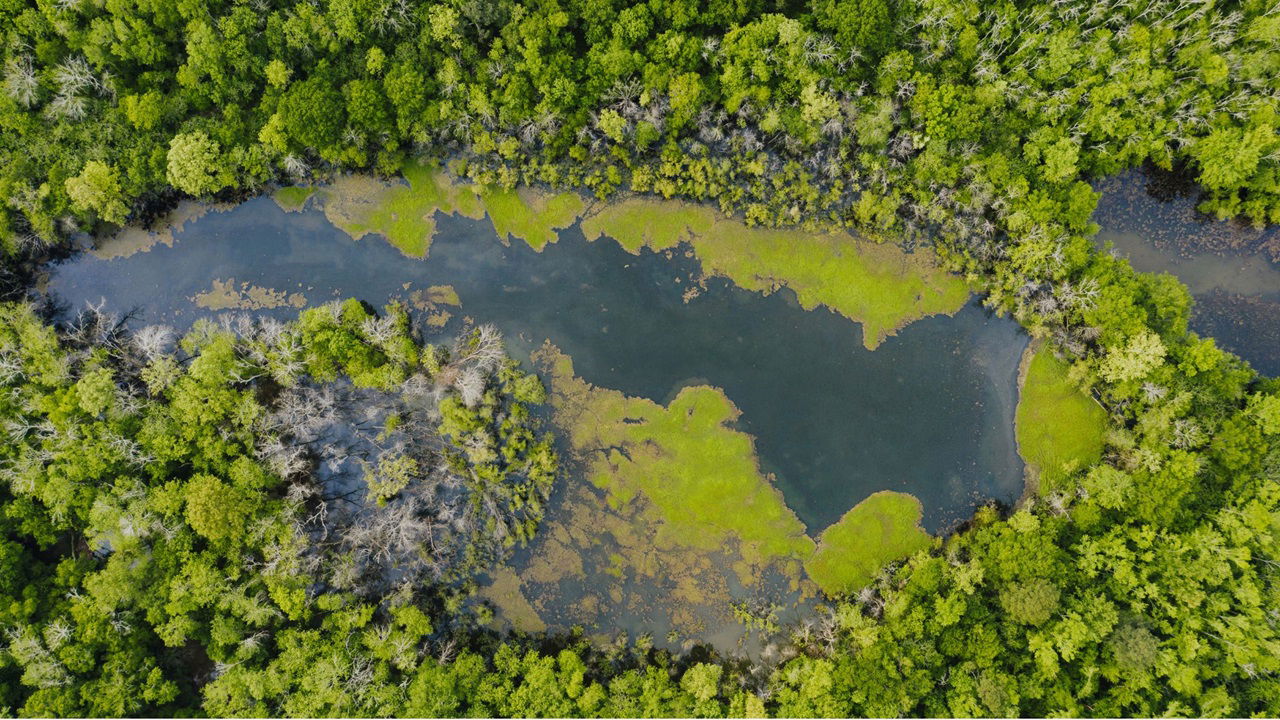
Our planet is facing an unprecedented rise in temperatures, marked by a series of record-breaking heatwaves. This alarming trend signals the rapidly changing climate and its escalating impact. Despite the overwhelming evidence of these changes, many continue to hold onto outdated misconceptions about climate change. Here, we debunk eight common myths and present the facts that highlight the urgency of taking action.
Myth 1: Climate Change is a Natural Phenomenon
While Earth's temperature has fluctuated over millennia, the stability we've enjoyed since the last ice age has been crucial for human development. This stability is now under threat, with current warming rates the fastest in 2,000 years. Human activities, particularly the burning of fossil fuels, are the primary drivers of this change, significantly increasing greenhouse gas concentrations.
Myth 2: Human Activity is Not Responsible
Scientific evidence overwhelmingly attributes recent global warming to human activities. The Intergovernmental Panel on Climate Change (IPCC) reports that nearly all of the warming observed over the past 200 years is due to human actions, such as burning coal, oil, and gas. This has led to the highest levels of carbon dioxide in 2 million years.
Myth 3: A Few Degrees of Warming is Insignificant
Even small increases in temperature can disrupt ecosystems and human life. The Paris Agreement aims to limit global warming to 1.5°C above pre-industrial levels. Exceeding this threshold would expose billions to extreme heat, reduce crop yields, and devastate coral reefs, which are vital to marine life and coastal communities.
Myth 4: Cold Snaps Disprove Global Warming
Weather and climate are distinct concepts. While weather refers to short-term atmospheric conditions, climate is the long-term pattern. Occasional cold snaps do not contradict the overall trend of global warming. In fact, climate change can sometimes intensify extreme weather events, including cold spells, by altering atmospheric patterns.
Myth 5: Scientific Consensus is Lacking
The notion that there is no scientific consensus on climate change is a misconception. In reality, an overwhelming 99% of peer-reviewed scientific literature supports the view that climate change is both real and primarily caused by human activities. This broad agreement among scientists underscores the robust and well-established nature of climate science. Far from being a contentious issue, the consensus highlights the urgent need for action based on a solid foundation of scientific evidence.
Myth 6: It's Too Late to Make a Difference
While the climate situation is urgent, there remains a window to reduce its most severe effects. The UNEP's Emissions Gap Report suggests that cutting greenhouse gas emissions by 42% by 2030 could stabilize global temperatures. This goal demands significant investment in clean technologies and sustainable practices. Immediate action is crucial to steer us toward a more manageable climate scenario.
Myth 7: Climate Models are Unreliable
Climate models, honed over decades of research, have consistently provided accurate predictions about global warming. A comprehensive study from 1970 to 2007 shows that most models closely matched observed climate trends. These models are essential tools in understanding and anticipating climate changes, confirming their reliability and value in climate science.
Myth 8: Adaptation Alone is Sufficient
While adaptation is crucial, it is not a substitute for reducing greenhouse gas emissions. Many communities, especially in developing countries, lack the resources needed for effective adaptation. The cost of adaptation is high, and without significant emissions reductions, many regions will face insurmountable challenges.
The urgency of addressing climate change cannot be overstated. The upcoming UN Climate Change Conference (UNFCCC COP 29) in Baku, Azerbaijan, provides an opportunity for global leaders to commit to the necessary actions to safeguard our planet. The evidence is clear: we must act now to ensure a sustainable future for all.

















